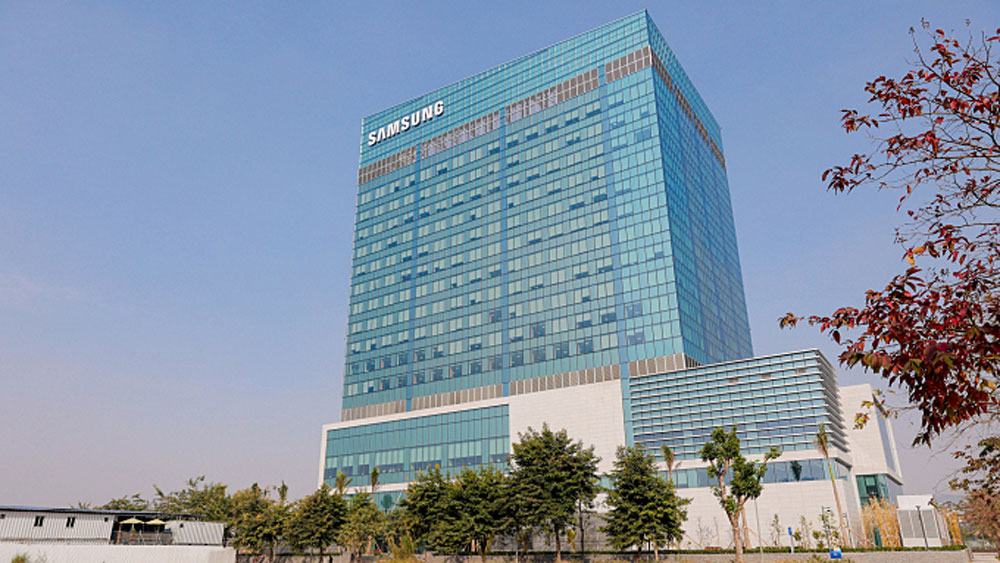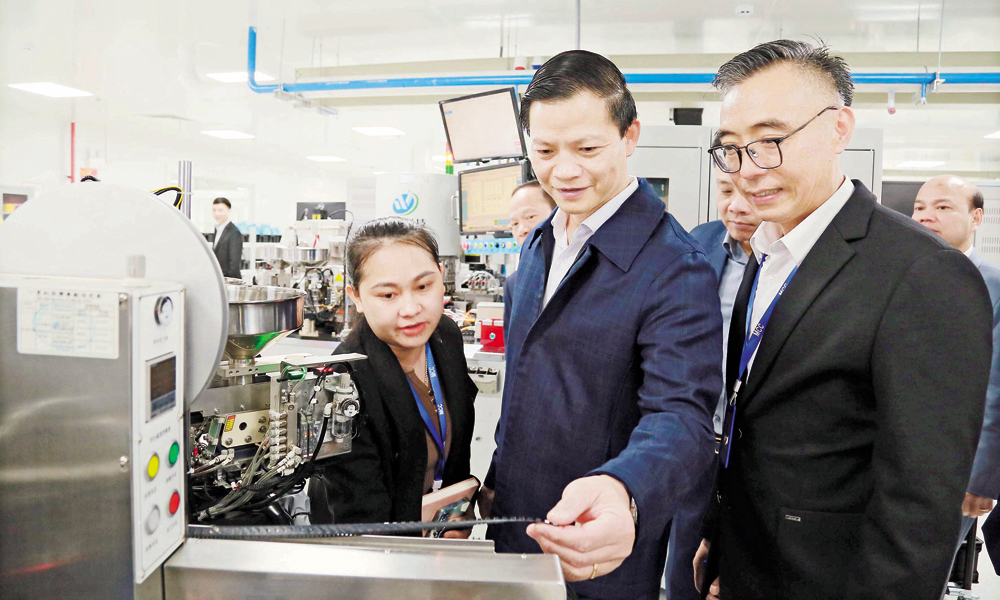Global minimum tax unlikely to inhibit FDI flows into Vietnam
Many firms are worried that the global minimum tax, effective since the beginning of this year, might drive away foreign direct investment as it will make Vietnam’s strategy to use tax incentives to attract foreign firms less effective.
 |
|
Samsung's research and development center launched in late 2022 in Hanoi. |
"However, we [Vina Capital] are not too concerned about this," Michael Kokalari, chief economist of investment management firm Vina Capital, says.
He explains that when considering investing in developing countries, tax incentive is not the determining factor for multinational companies.
A study by the World Bank shows that multinational firms also take into account a myriad of factors like input costs, quality of labor, infrastructure and business environment when making investment choices.
These elements are practically identical for developed countries, so tax incentives become a more impactful factor there.
Meanwhile, the other factors vary significantly among developing countries. The Ministry of Planning and Investment is currently drafting the "Investment Support Fund" (ISF) policy, which will provide a variety of incentives, such as government grants for staff training and research and development, for both foreign and domestic businesses and projects in high technology industries.
Hoang Thuy Duong, partner at KPMG Vietnam, notes that many business groups, particularly in the high technology, electric vehicle and green energy sectors, are keenly interested in additional government support to foster investment.
Businesses that are planning to expand their investments are also anticipating new preferential policies.
"When tax incentives are no longer viable, Vietnam should shift to supporting policies related to costs, such as investment costs, labor hiring, land, or research and development expenses." Duong says.
The development of these policies should aim to encourage both new and existing investors with a focus on sectors that are essential to the country’s long-term development strategy, like high technology and electric vehicles, he says.
"This policy (ISF) is a crucial factor considered by large foreign investors when assessing Vietnam's investment environment," Duong notes.
Luu Duc Huy, director of policy of the General Department of Taxation, says that in a business survey conducted last year, only 28% of participants were interested in tax incentives.
"Tax incentives are considered outdated in developed countries. The current trend is to shift to incentives based on costs rather than income," he comments.
While not compulsory, if Vietnam collects less tax than the global minimum rate for applicable multinational companies, the difference can be collected by the country where the companies are based.
Hence, it is only natural for Vietnam to apply it instead of losing this tax money to other countries, Huy explains.
The global minimum tax rate of 15% applies to multinational firms with annual revenues of EUR750 million (US$800 million) in at least two years out of the most recent four years, and the tax amount is to be paid to the country where the revenues were generated.
In Vietnam, approximately 120 businesses are subject to this tax rate, according to the General Department of Taxation.
Source: VnExpress
 Bắc Ninh
Bắc Ninh















Reader's comments (0)